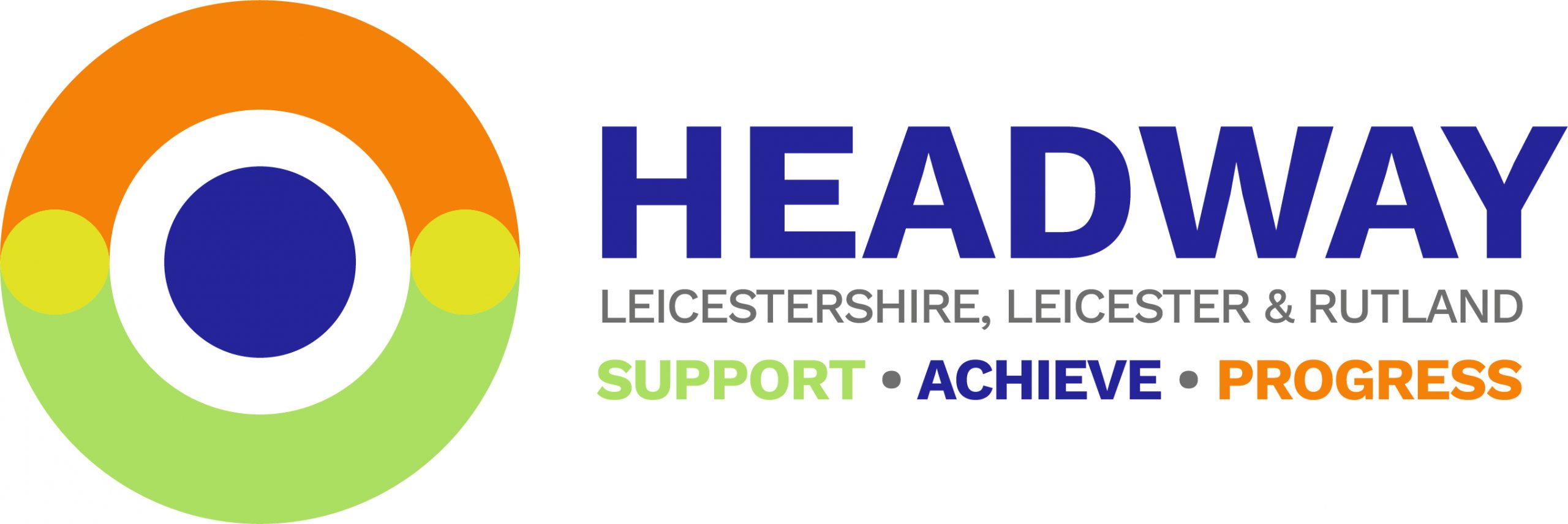About Brain Injury
Traumatic Brain Injury
Each year in the UK, around one million people visit A&E with a TBI (Traumatic Brain Injury).
A TBI is a brain injury that has occured as a result of trauma to the head. Around 90% of those who have incurred a severe TBI make a good physical recovery – meaning that, effectively, it’s often a hidden disability. But the after-effects of TBI can be wide-ranging and very real.
After a traumatic brain injury, whether or not the person was actually unconscious, a state occurs where the person seems to be aware of things around them but is confused and disorientated. They are not able to remember everyday things or conversations, and often do or say bizarre things. This is called Post-Traumatic Amnesia (PTA), and is a stage through which the person will pass.
From physical effects such as balance problems, dizziness and headaches, to the more cognitive issues such as memory problems, anger and resultant changes in the individual’s personality. The symptoms depend on a number of factors, from the severity of the injury to the type and location.
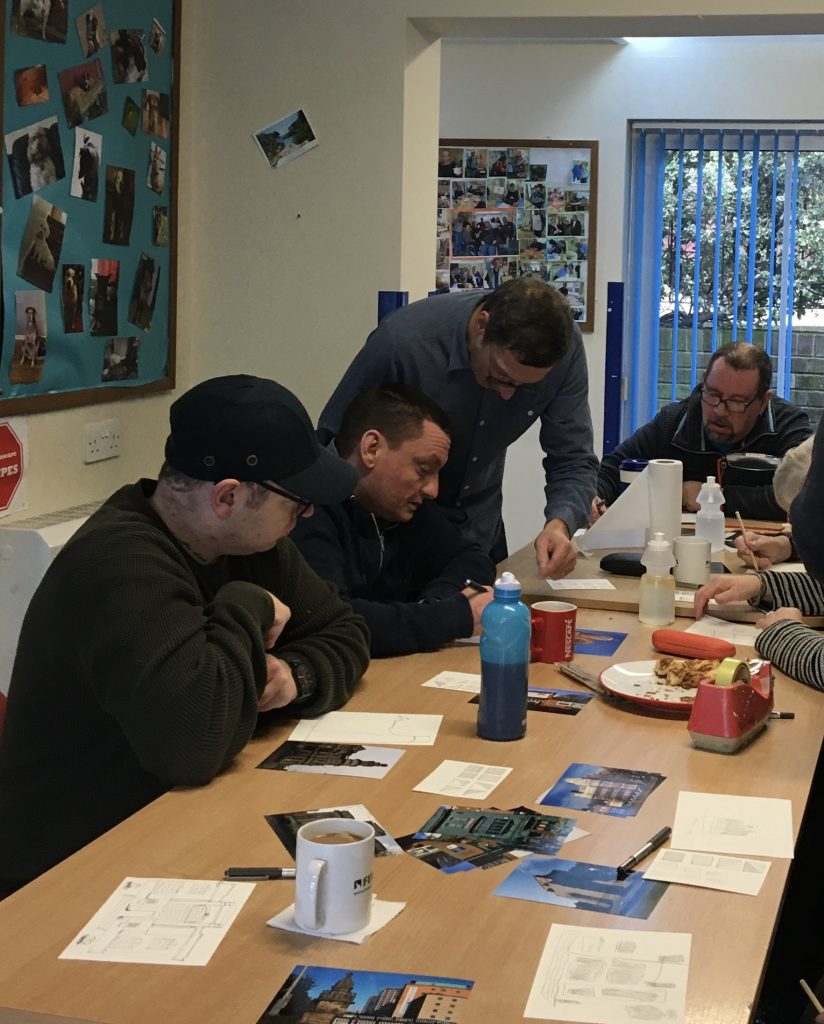
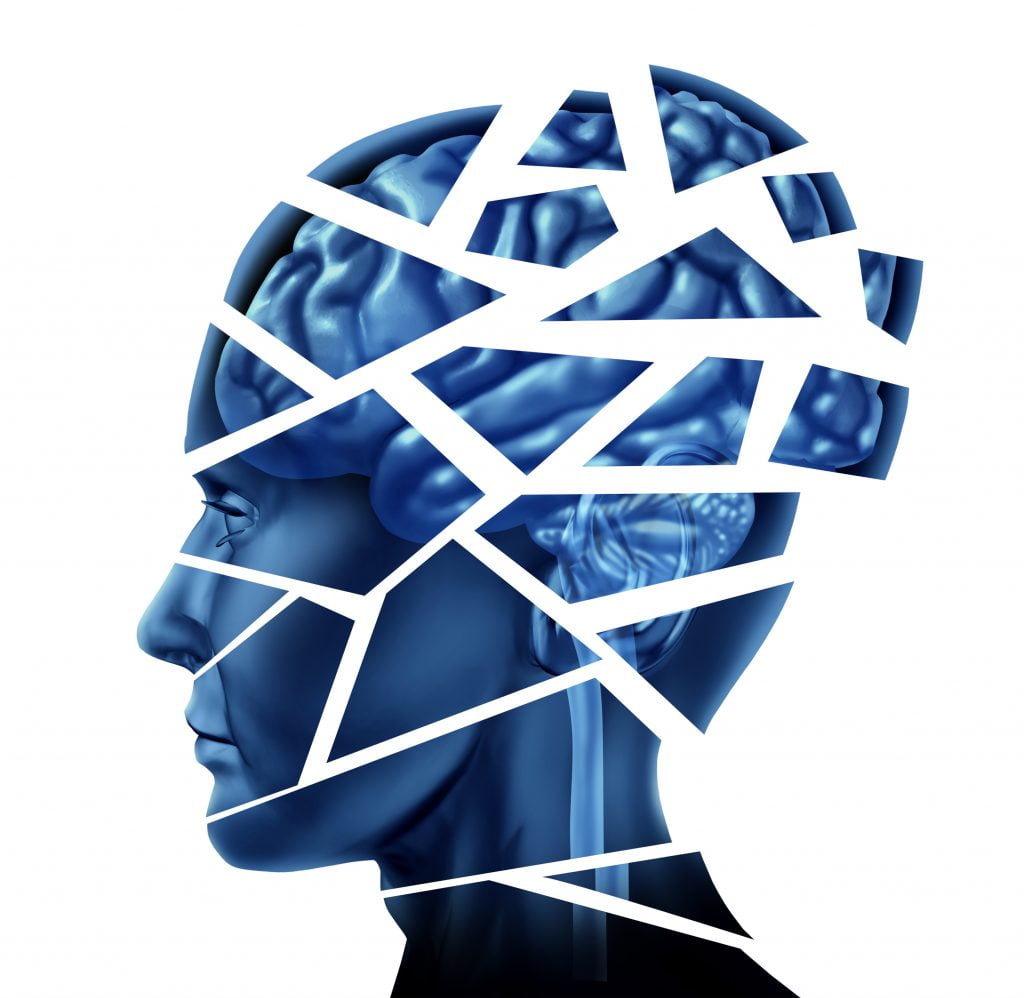
Acquired Brain Injury
An Acquired Brain Injury (ABI) covers all the situations in which a brain injury has occured since birth.
These include traumatic brain injuries, as well as tumours, stroke, brain hemorrhage and encephalitis, to name but a few. The effects of ABI are largely the same as with a TBI, however there are some key differences with an Acquired Brain Injury that makes treating and coping with it very different, depending on the cause, and area of the brain affected.
It’s important to note that every brain injury is unique. The severity of symptoms and their visibility varies from person to person, and that’s part of what makes dealing with it so difficult.
Effects & Recovery
One in every 300 families will be affected by the long term effects of Brain Injury.
Brain Injury doesn’t just affect individuals – it can transform the lives of entire families. Depending on the severity of the injury, family members may have to take up the role of a full or part-time carer.
No family can ever truly prepare for the effects brain injury can have on their life. Many difficult stages have to be passed through, from the initial shock of the news, to the understanding that things may now be very different than they used to be.
But with the right support networks and help from charities such as ourselves, the challenges can be managed, letting families grow and become stronger because of it. However, the complex difficulties associated with Brain Injury means that families are almost certain to experience testing, challenging futures.
That’s why we’re here to help.
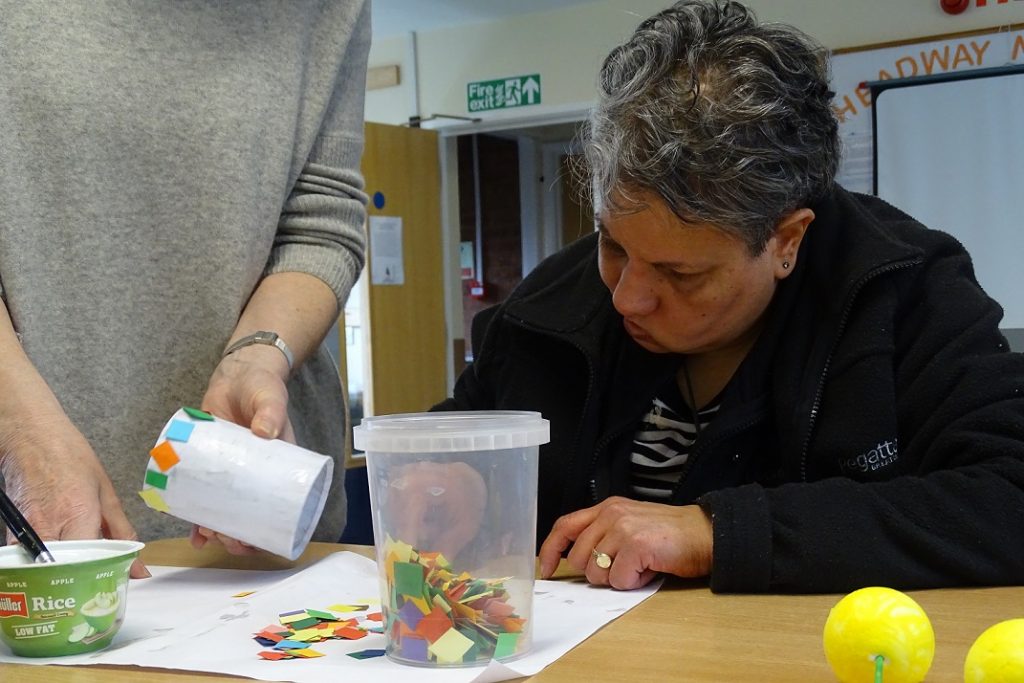
Case Studies

John’s Story
John had a CVA (stroke) on the 31st May 2014. Staff from the Leicester General hospital Early
Supported Discharge Service recommended Headway.

Sash’s Story
Sash suffered a heart attack in November 2019, which led him to sustain his brain injury. Four months later, COVID-19 imposed a national lockdown which nearly jeopardised his recovery.
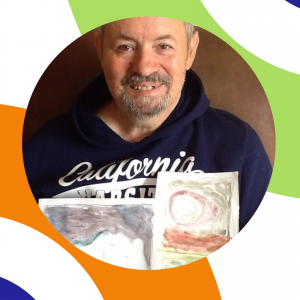
Steve’s Story
Steve suffered a severe stroke in November 2012 when he was just 56 years old, affecting mobility on his right side. He suffers with Aphasia and Dyspraxia which means he is unable to communicate verbally and his ability to spell, write and understand some commands has also been dramatically reduced.
